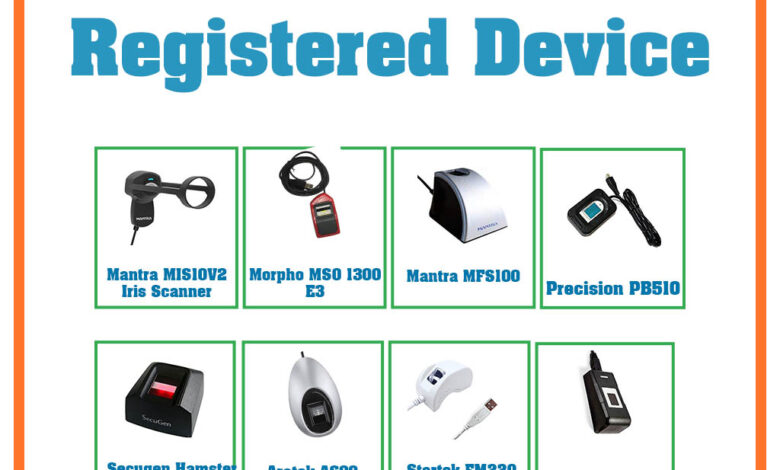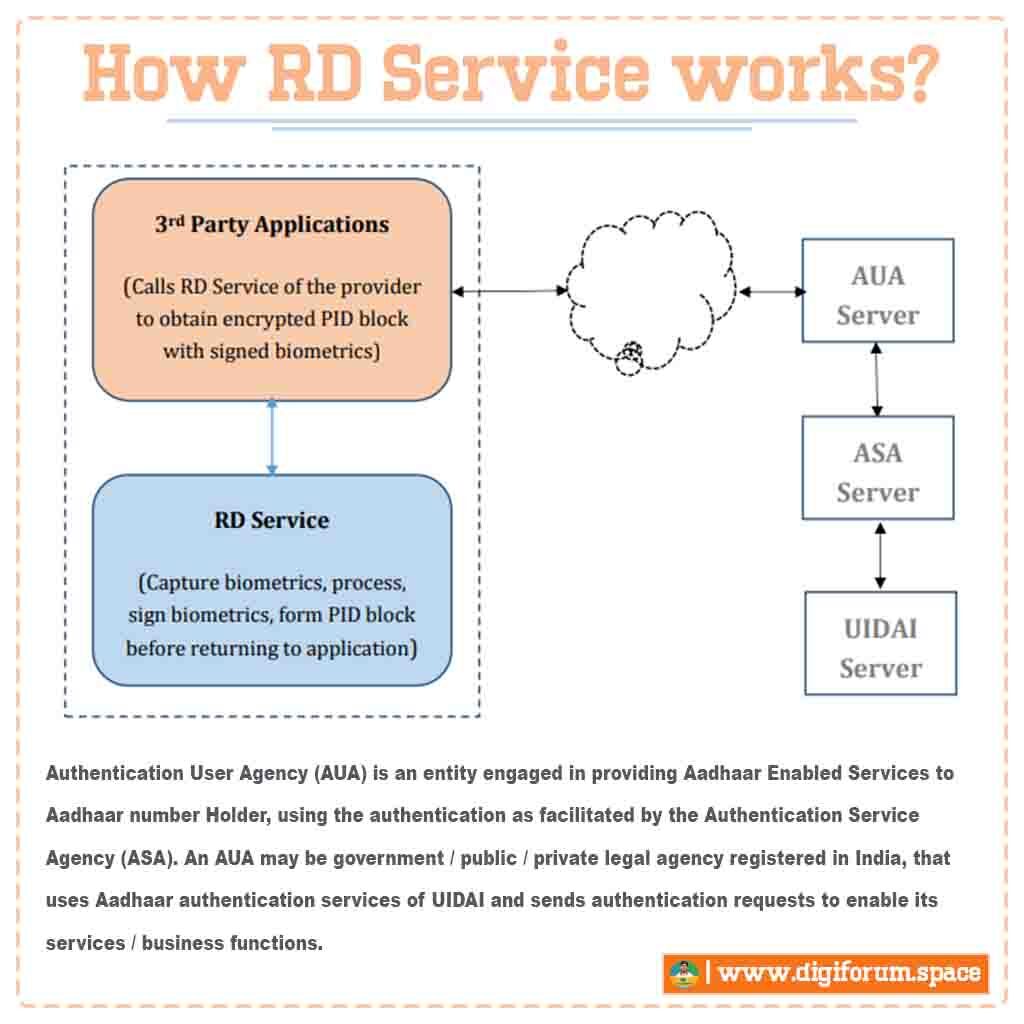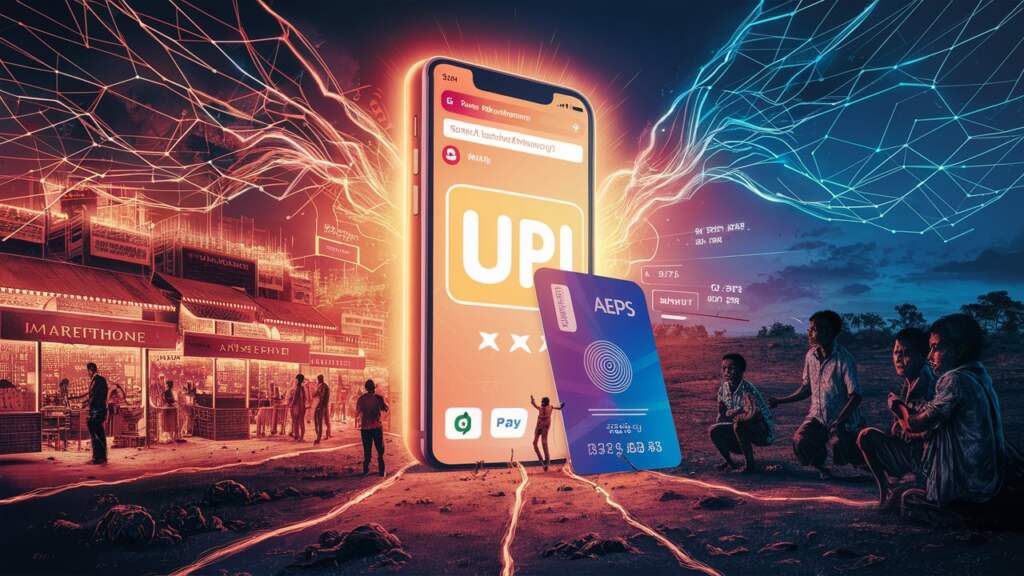
What is RD Service in Jeevan Pramaan: The Backbone of Aadhar Biometric Authentication
What is RD Service in Jeevan Pramaan: In an era where security and identity verification are of paramount importance, Aadhar authentication stands as a beacon of reliability in India. At the heart of this robust system is the Registered Device (RD) Service, a technological marvel that ensures secure and efficient biometric authentication. In this article, we will delve into what RD Service is and how it works in the context of biometric devices used for Aadhar authentication.
RD Service: The Guardian of Aadhar Biometric Authentication:
RD Service is the backbone of the Aadhar authentication process, providing a layer of security and integrity to the biometric data exchanged during verification. This technology is essential for devices used in various sectors, including government agencies, banks, and private organizations, to perform secure and reliable Aadhar-based biometric authentication.
How RD Service Works?
RD Service is an integral part of the Aadhar authentication ecosystem, ensuring that every step of the process is secure, efficient, and tamper-proof. Here’s a breakdown of how it works:

a) Device Registration
Biometric devices, such as fingerprint scanners, iris scanners, or facial recognition systems, undergo a rigorous registration process with the Unique Identification Authority of India (UIDAI). This process includes hardware and software validation to ensure they meet the stringent standards set by UIDAI.
b) Secure Data Encryption
When a user’s biometric data, such as fingerprints, irises, or facial features, are captured by a registered device, RD Service comes into play. It encrypts this data using advanced encryption algorithms, making it virtually impossible for unauthorized access or tampering.
c) Data Transmission
The encrypted biometric data is then transmitted securely to the Aadhar database for verification. RD Service ensures that data transmission is not only secure but also swift, enabling quick and reliable authentication.
d) Authentication
At the Aadhar database, the biometric data is decrypted and compared against the stored data to verify the user’s identity. The results of this authentication are then sent back to the requesting service, indicating whether the verification was successful.
e) Result Feedback
RD Service receives the authentication result, which is then relayed to the end-user application or service. This feedback allows users to determine whether the authentication was successful and proceed accordingly.
Read more about Aadhar Registered Device : UIDAI – Aadhaar Registered Devices
The Benefits of RD Service:
- Security: RD Service plays a critical role in encrypting biometric data, safeguarding it from potential threats and ensuring data integrity.
- Efficiency: With its swift and secure data transmission, RD Service minimizes delays in the authentication process, enhancing user experience.
- Reliability: By adhering to UIDAI’s strict standards, registered devices ensure the accuracy and dependability of Aadhar authentication.
- Tamper Resistance: The encryption and security protocols put in place by RD Service make it extremely difficult for unauthorized parties to tamper with biometric data.
Related Articles
Conclusion: Enabling Secure Aadhar Authentication
In the world of Aadhar authentication, the RD Service is the unsung hero, quietly ensuring the security and efficiency of the system. Its role in encrypting, transmitting, and verifying biometric data is pivotal for reliable and secure identity verification. Understanding how RD Service works underscores its significance in upholding the integrity of Aadhar authentication, making it a cornerstone of secure identity verification in India.



